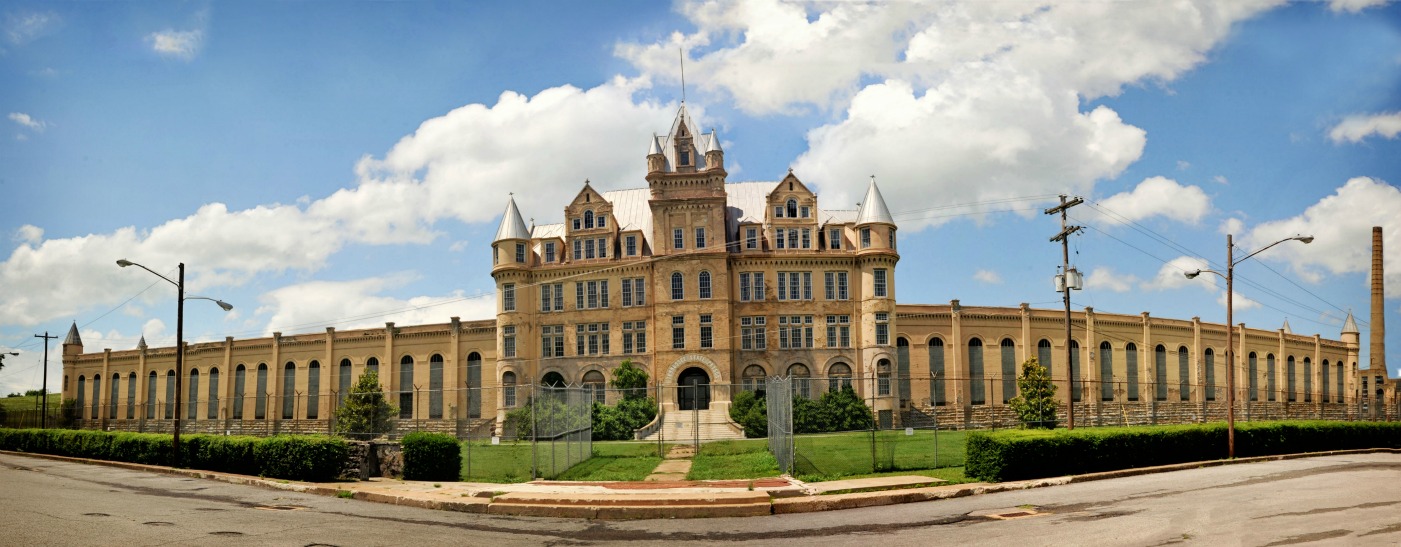From the outside, it looks more like a castle than a modern-day prison. And the fortresslike facility stands out just as prominently as ever from Centennial Boulevard in West Nashville.
But the Tennessee State Prison — built in 1898 during the tail end of the Gilded Age and last used as a state penitentiary in 1992 — is deteriorating.
Asbestos made the historic main entry of the Gothic-style facility off-limits four years ago. Its front door is padlocked shut. Paint chips have piled up on the floors of cell blocks.
Meanwhile, the prison — where Hollywood movies such as “The Green Mile,” “The Last Castle” and “Walk the Line” were once filmed — can only be used for exterior shots today because of its condition. As a result, movie production and photo shoots at the prison have declined.
Historic preservationists, though, have long pushed to save the old prison. And now, newly elected Metro Councilwoman Mary Carolyn Roberts, whose district includes the prison, is hoping to jump-start talks about Metro Nashville perhaps one day acquiring the 120-acre property from the state.
Her idea: Restore the historic portion of the building and bring in a private entity to renovate the rest of the facility for a range of new potential uses.
At her request, the Tennessee Department of Correction — which has a limited presence at the prison and does not offer public access — last week opened the prison to her and other council members for a tour. Those who took part were council members Jeremy Elrod, Mina Johnson, Kathleen Murphy and John Cooper, as well as Metro Historical Commission Executive Director Tim Walker and Joseph Woodson, the mayor’s office’s new liaison to the council.
As a model for what she has in mind, Roberts points to the former Brushy Mountain State Penitentiary in Morgan County in East Tennessee, which is now slated to become a new tourist destination, anchored by a moonshine distillery with a museum, prison tours, an RV park and music festival. Its transformation began with the state transferring the property to Morgan County before the privately led Brushy Mountain Group signed on as the developer.
She believes a similar project could work here — perhaps an artist co-op to feed Nashville’s thriving creative class — if a new entity can take over ownership of the prison.
“It just makes so much sense to utilize this,” Roberts said. “There are places like Brushy Mountain that are actually using their prison as tours and for all kinds of different things. I just think it would be a real shame if we look up and we don’t do something to save it. (continue reading at Tennessean)
